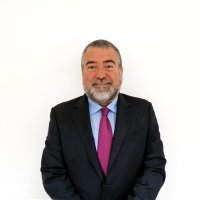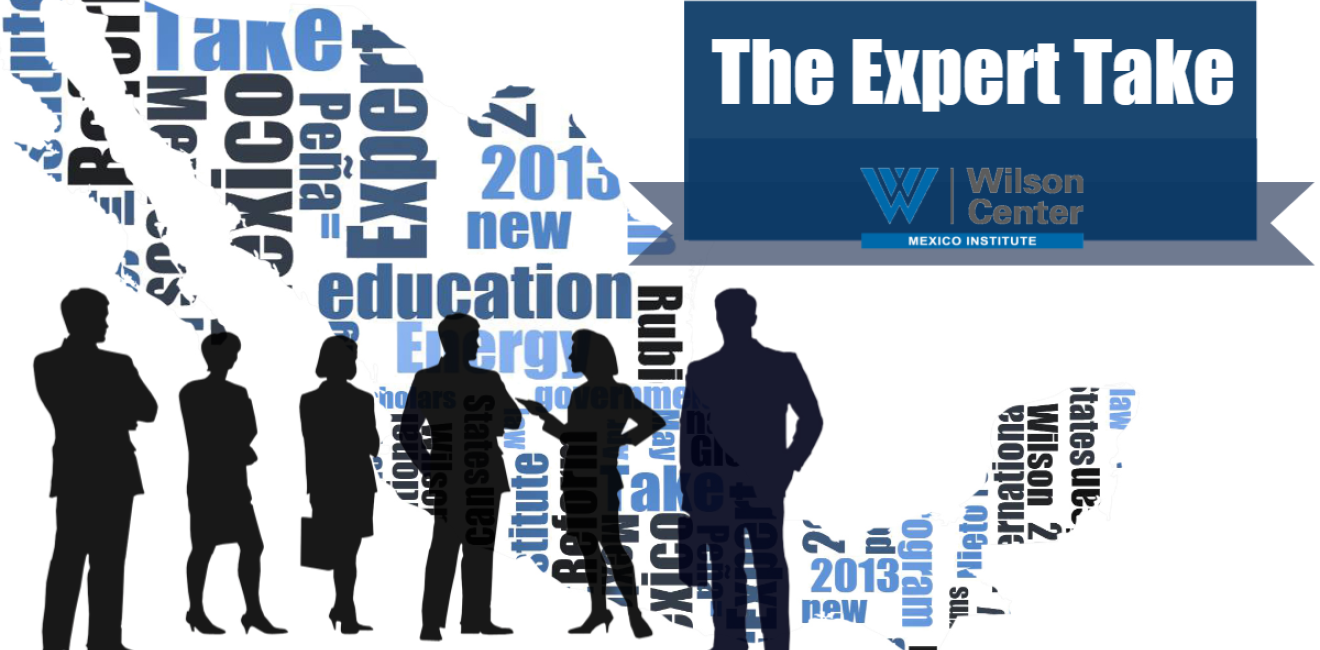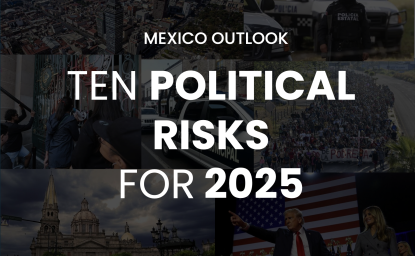"What are the police for in the DF (Federal District)?" a teacher snapped at ITAM students several decades ago. To preserve public peace, some replied. So there is not so much theft, others added. To enable themselves to steal, a few more giggled.
"Let me tell you one thing," said the professor. "The police are here to protect the interests of the rich and powerful. They serve so that the masses of poor and hungry people in the east side of Mexico City do not come upon us who live in the comfort of the west side of town."
Mexico needs to see itself in the Minneapolis mirror.
Its name is a mixture of the word ‘Minne-ha-ha’ -water fall in the Dakota language- with the Greek word polis, which means city. The city of water, crossed by the Mississippi River, in the state of Minnesota, the land of ten thousand lakes. Minneapolis was founded by Scandinavian immigrants, primarily Swedish, whose fundamental values are trust, honesty, and sustainability. Fifty years ago, I went there to learn English; I made dear friends that I still frequent today.
George Floyd, an African American man, was killed by suffocation at the hands of a white police officer on May 25, 2020 in Minneapolis. His execution sparked protests against white supremacism and police violence directed at black and brown people across the United States. "The original sin of slavery stains our country today," said Joe Biden.
"I can't breathe," were Floyd's last words.
Again: Mexicans must see ourselves in the Minneapolis mirror.
"We cannot breathe" was the message of the Zapatista uprising in 1994. "In Chiapas, 15,000 Indians die each year from curable diseases," Subcomandante Marcos rubbed in our face. A quarter of a century later, we have not taken up their primal scream: to be treated with respect, as human persons.
"We cannot breathe" is the message of five or six million people with low wages or precarious income, who survive agglomerated in those immense bedrooms north and east of the Mexico City megalopolis, where many have endured, at the same time, the lack of clean water and stinking sewage flooding.
The mapping of the pandemic is overwhelming in both countries.
In New York, Los Angeles, and Chicago, the health and economic crises have disproportionately hit the African American and Latino populations.
In metropolitan Mexico City, the extreme vulnerability to contagion of the users of overcrowded subway cars, collective vans, and the Mexibus has been exposed. These means of transportation spit passengers into chaotic terminals which defy every single health care measure issued by authorities.
Nationwide, we are shaken by the terrible drama of the 12 million people who had no income during April and May.
This dissonance of 'returning to the new normal' is an ominous warning: we will return to business as usual - considering 'normal' and 'natural' the fact that, out of every five Mexicans, four have to settle for crumbs, and only one lives comfortably.
There is something that can be worse than poverty: contempt and abandonment.
"The real threat to Mexico is that those in the bottom echelons of society lose all hope, and an abyss of unsuspected scope opens," hammers journalist Jorge Zepeda Patterson. He is right. Let's listen, for the good of all, to the cry "I can't breathe" and dammit, let's show some respect. Every life matters. We need a new pact of coexistence that will lead us to healing from the brutal tearing of the social fabric. If not for empathy or compassion, at least to avoid the abyss.
P.S. The solidarity of students, teachers, alumni, and friends with @CIDE_MX public university over budget cuts, commits us to promote greater social cohesion in Mexico.
This article was originally published in Spanish in El Universal, Mexico City.
The opinions expressed here are solely those of the author.
Author

Associate Professor, Centro de Investigación y Docencia Económicas (CIDE)

Mexico Institute
The Mexico Institute seeks to improve understanding, communication, and cooperation between Mexico and the United States by promoting original research, encouraging public discussion, and proposing policy options for enhancing the bilateral relationship. A binational Advisory Board, chaired by Luis Téllez and Earl Anthony Wayne, oversees the work of the Mexico Institute. Read more

Explore More
Browse Insights & Analysis
Imamoglu’s Arrest Sparks Nationwide Unrest and Raises Fears for Turkish Democracy



